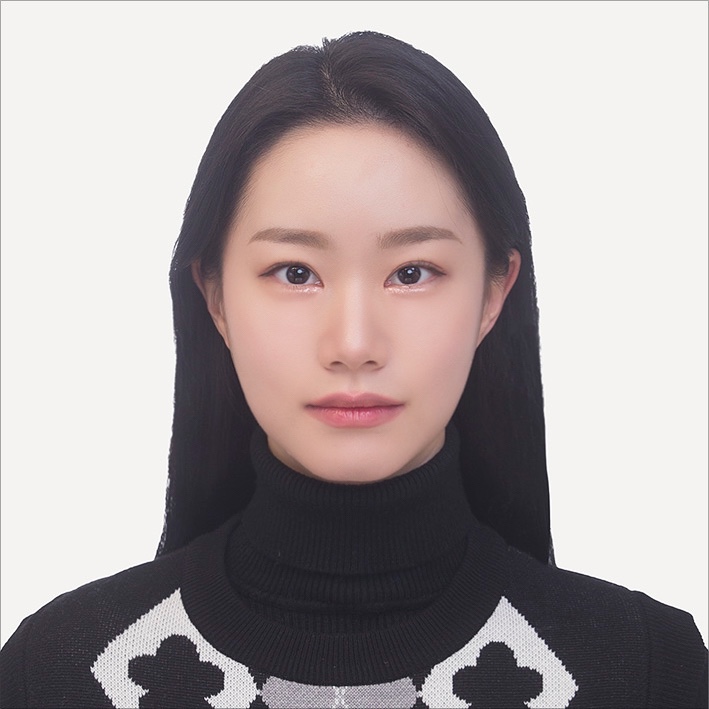Harvard Medical School (HMS) - Seoul National University Hospital (SNUH)- Seoul National University College of Medicine (SNUCM) Collaborative Research Program
The HMS-SNUH-SNUCM Collaborative Research Program Awards aim to foster innovative partnerships in biomedical research, driving advancements in human health and biomedical science on a global scale. Selected projects will employ cutting-edge approaches to address critical health challenges and promote the exchange of expertise between HMS and SNUH/SNUCM.
2024 Award Recipients:
Project: Determining the role of the microbiome in pain and inflammation
HMS Principal Investigator: Isaac Chiu
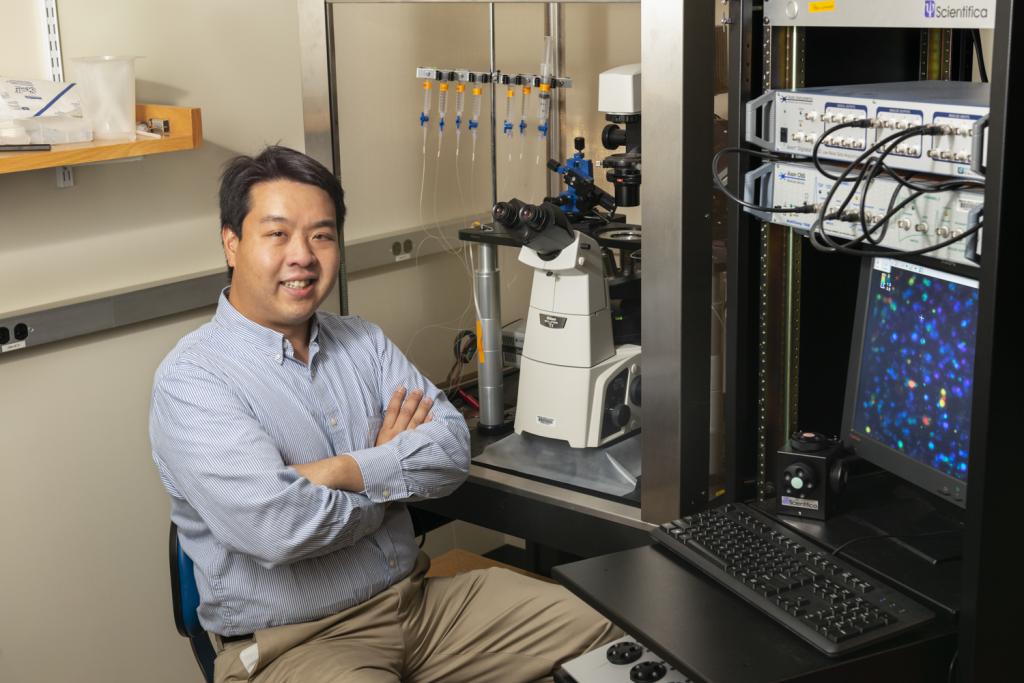
Dr. Isaac Chiu is a Professor of Immunology at Harvard Medical School. He received his undergraduate degree in Biochemistry at Harvard College in 2002. He completed a PhD in Immunology at Harvard Medical School in 2009, where he worked with Dr. Michael Carroll on defining the roles of neuroimmune interactions in Amyotrophic Lateral Sclerosis (ALS). Dr. Chiu’s research focuses on interactions between the nervous and immune system in pain, host defense and immunity. His lab has shown that sensory neurons directly sense bacterial mediators and immune mediators to produce pain and itch. He has received an NIH Director’s New Innovator Award, Burroughs Wellcome Fund Investigators in the Pathogenesis of Infectious Disease Award, and Chan-Zuckerberg Initiative Ben Barres Early Career Award.
SNUCM Principal Investigator: Won-Woo Lee 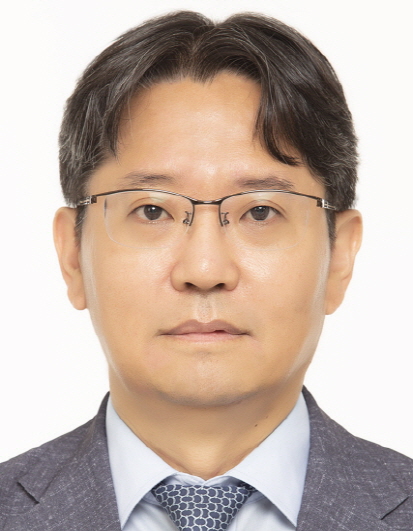
Dr. Won-Woo Lee is a professor in the Department of Microbiology and Immunology and the Department of Biomedical Sciences at Seoul National University College of Medicine (SNUCM). He earned his DVM and MS degrees from Seoul National University College of Veterinary Medicine in 1997 and 1999, respectively, and later received his PhD from the University of Tokyo in 2003. Dr. Lee then joined Emory University School of Medicine as a postdoctoral fellow in Jörg Goronzy’s lab, where he studied the cellular and molecular characteristics of senescent T cells in the elderly and patients with autoimmune disorders. In 2008, Dr. Lee became an associate research scientist at Yale University School of Medicine, focusing on the role of the IL-1 receptor system in human Th17 responses. Upon joining SNUCM as a faculty member, Dr. Lee’s research aims to uncover the molecular and cellular mechanisms behind dysfunctional immune responses, with particular attention to pathogenic Th17 cells and inflammatory monocytes/macrophages in autoimmune patients. Additionally, his work explores the mechanisms of immune degeneration and immunosenescence in humans.
SNUCM Trainee: Seung Ah Choi
Seung Ah Choi was born and raised in South Korea. She received her B.S. in Biological Sciences from Chung-Ang University, South Korea. She is currently a fourth-year Ph.D. student in Dr. Won-Woo Lee’s lab at Seoul National University College of Medicine. As a visiting student researcher, she joined the Chiu Lab through the HMS-SNUH-SNUCM Collaborative Project. Her research focuses on the project titled “Determining the role of the microbiome in pain and neuroinflammation.” In her home lab, she has been studying how aging affects monocytes from metabolic and epigenetic perspectives, as well as investigating how fine dust exacerbates central nervous system autoimmune diseases such as experimental autoimmune encephalomyelitis (EAE).
Project: Effects of bacterial progestin metabolites on pregnancy phenotypes
HMS Principal Investigator: Sloan Devlin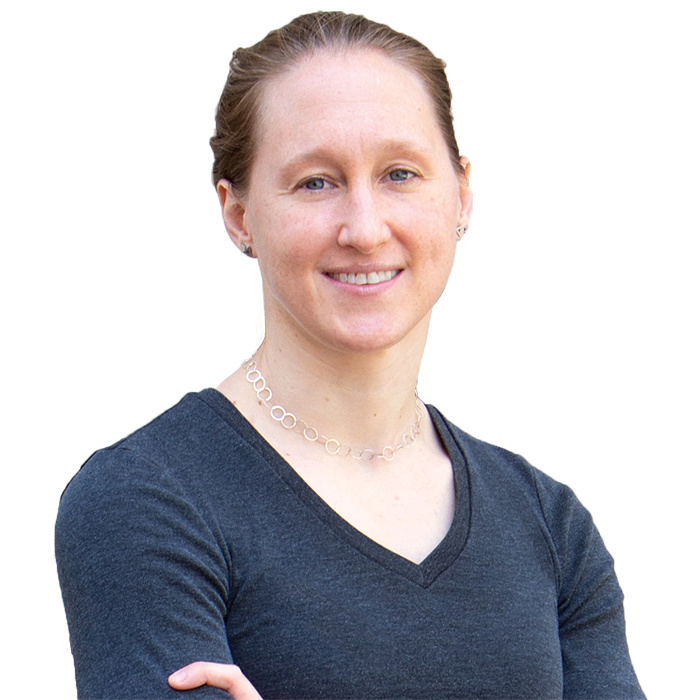
Dr. Sloan Devlin is Associate Professor of Biological Chemistry and Molecular Pharmacology at Harvard Medical School. Dr. Devlin received her A.B. degree in chemistry from Harvard College in 2006, where she conducted research in the laboratory of Andrew Myers. She earned her Ph.D. in 2012 from Stanford University under the direction of Professor Justin Du Bois. Her graduate work focused on the total synthesis of the potent voltage-gated sodium ion channel agonist batrachotoxin as well as the development of novel rhodium-catalyzed C–H insertion methodology. In 2012, Sloan joined the lab of Professor Michael Fischbach at the University of California, San Francisco as a postdoctoral fellow. Her research in the Fischbach lab involved elucidating biosynthetic pathways and biological activities for small molecules produced by human-associated bacteria. Sloan joined the Department of Biological Chemistry and Molecular Pharmacology at Harvard Medical School as an Assistant Professor in Fall 2016. Dr. Devlin’s current work focuses on leveraging expertise in organic chemistry, analytical chemistry, biochemistry, microbiology, cell biology, and gnotobiotic in vivo experiments to understand how human gut bacteria contribute to health and disease. She is the recipient of a 2021 Alfred P. Sloan Research Fellowship in chemistry and a 2018 NIH Maximizing Investigators' Research Award (MIRA).
SNUCM Principal Investigator: Ye-Ji Bang 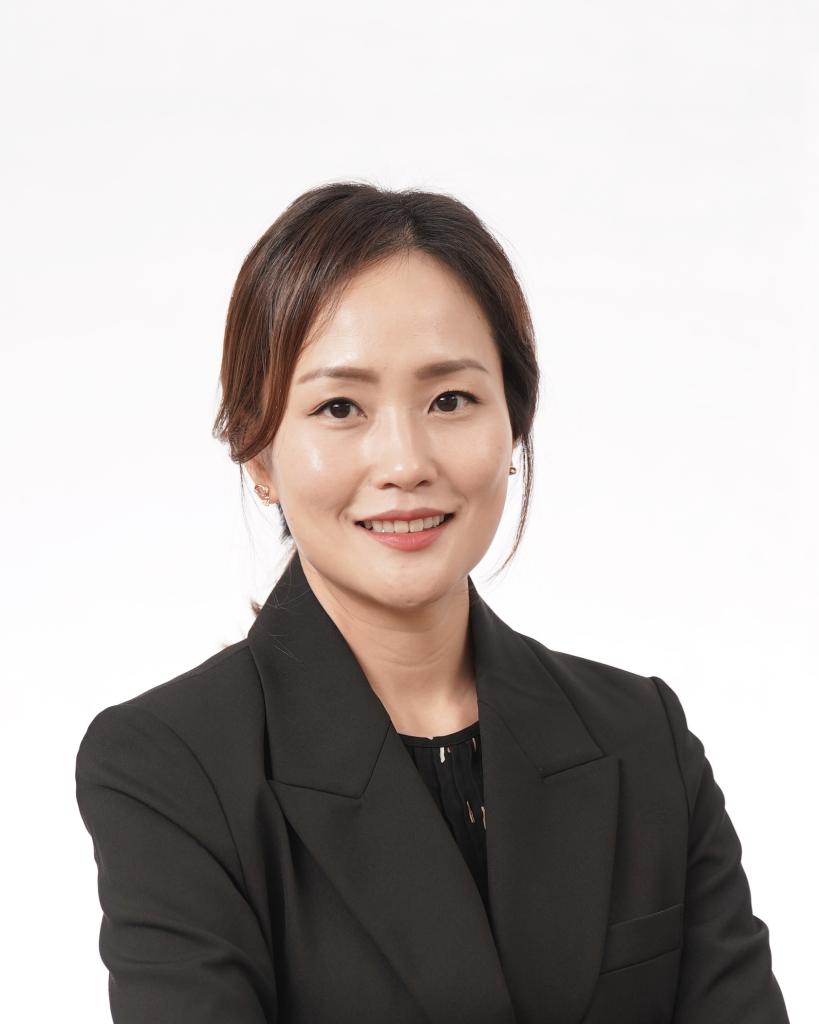
Dr. Ye-Ji Bang is Assistant Professor in the Department of Biomedical Sciences at Seoul National University College of Medicine. Dr. bang received her B.S. degree in Food Sciences from Seoul National University in 2009. She earned her Ph.D. in 2014 from Seoul National University, College of Agricultural Life Sciences. In her lab, they study how host immune cells, microbes, and nutrients interact in the intestine to maintain the beneficial host-microbe relationship. They use interdisciplinary approaches of biochemistry, immunology, microbiology, cell biology, molecular biology, and genetics combined with various models including mouse, organoid, cell, etc. Their goal is to understand the mechanisms regulating the host-microbe interactions and to find new roles of nutrients in regulating the interactions. Their mission is to find better ways to prevent and treat the diseases caused by the dysregulated host-microbe relationship.
SNUCM Trainee: Junehee Park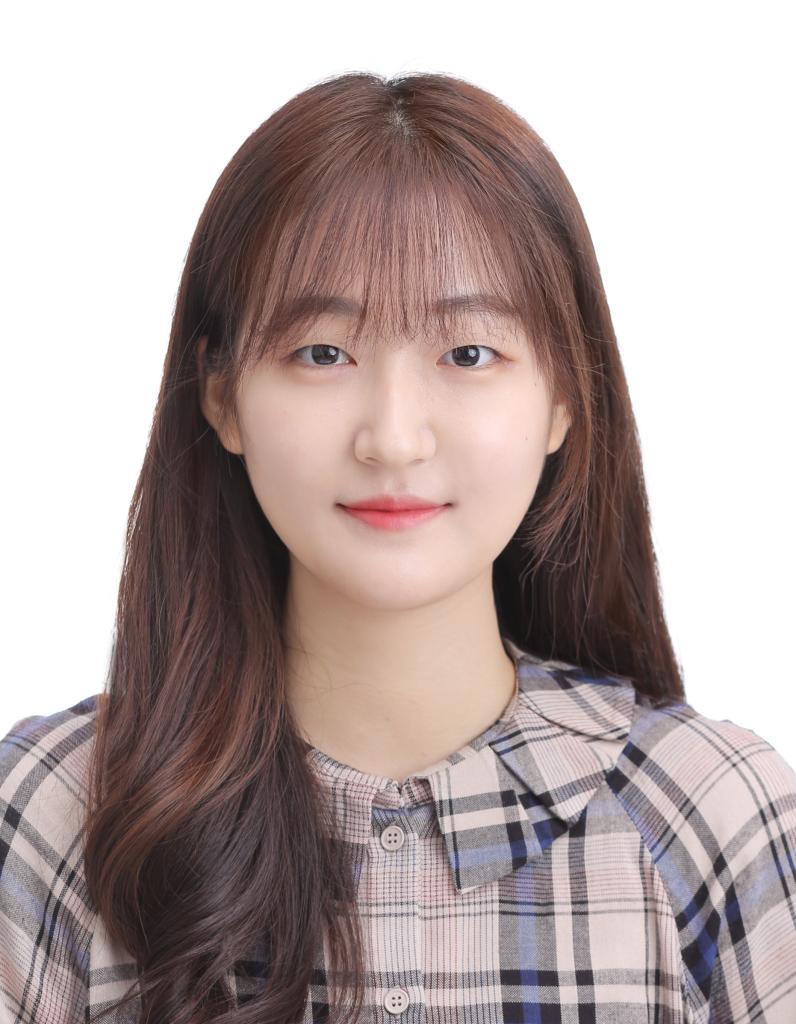
Junehee Park earned her B.S. in Food Science & Biotechnology from Seoul National University in 2023. Currently, she is in her MS/Ph.D integrated course in Seoul National University College of Medicine, studying host-microbe-nutrient interaction. Junehee joined the Devlin lab in Department of Biological Chemistry and Molecular Pharmacology (BCMP) as a visiting graduate student in March 2025, where she will be studying the role of gut bacterial metabolites mediating pregnancy phenotypes. She is broadening her research experience on gut microbiota-host interaction by using LC-MS to identify the small molecules produced by the gut bacteria which could exert diverse effects on host.
Project: Deciphering pseudomonas persistence and refining antibiotic strategies
HMS Principal Investigator: Sophie Helaine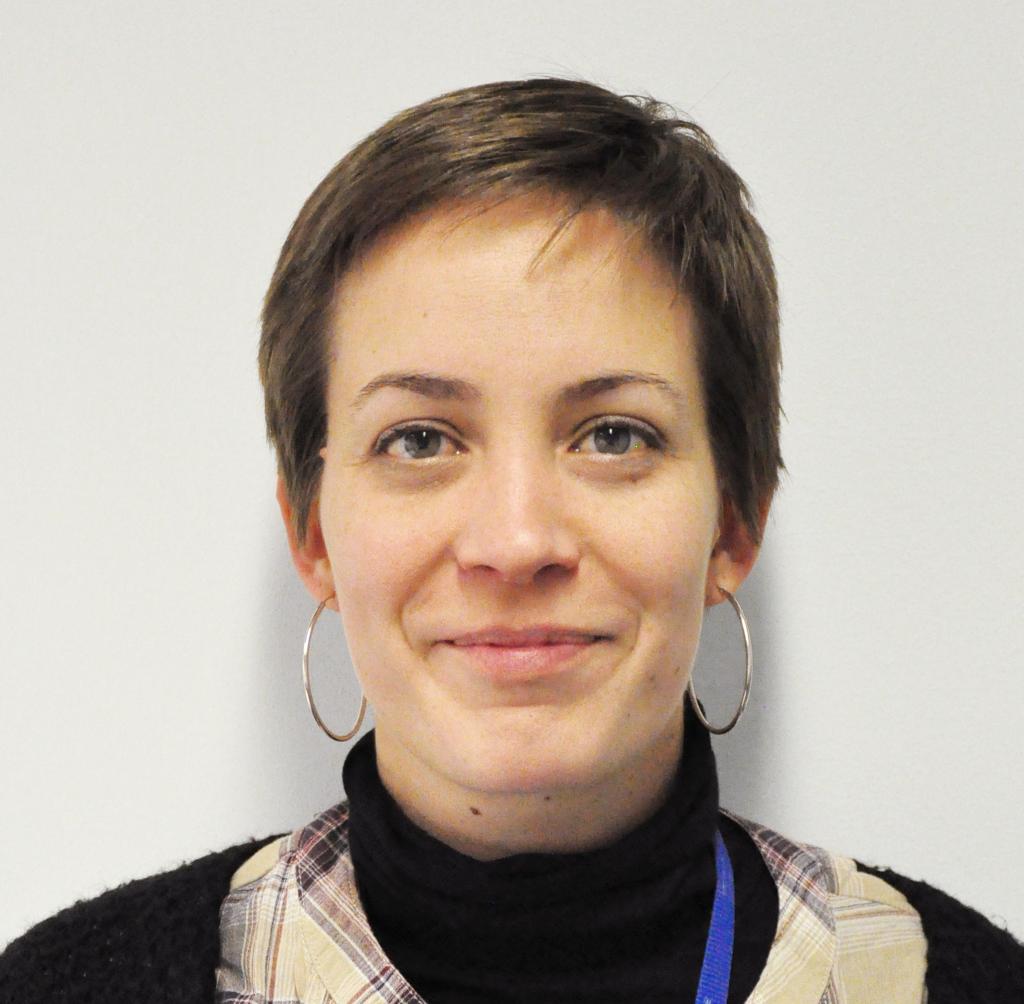
Dr. Sophie Helaine is Associate Professor of Microbiology at Harvard Medical School. She received her B.S. degree in Molecular Biology from University Orsay Paris 10, France in 2001. She earned her Ph.D. in 2006 from University Rene Descartes Paris 5, France. Her research interests have been focused on Salmonella persister formation, survival and resuscitation. Her lab studies the molecular mechanisms of bacterial persistence during infection. Bacterial persistence, characterized by chronic and relapsing infections, is a major threat to human health as these infections cause considerable morbidity and frequently requires multiple courses of antibiotics. Such long-lasting infections are caused by a variety of bacterial pathogens including Mycobacterium tuberculosis, Salmonella, Pseudomonas and pathogenic Escherichia coli. Her lab developed single cell reporters to track Salmonella growth history during macrophage and murine infections. It revealed the presence of non-growing bacteria in infected host cells, which had been hypothesized for decades but had remained elusive. Interaction between Salmonella and host macrophages has then proven to be a powerful and relevant model to study persister biology since we showed that the bacteria specifically respond to engulfment by the host defense cells by forming high proportions of persisters.
SNUCM Principal Investigator: Jae-Joon Yim 
Dr. Jae-Joon Yim is a professor in the Division of Pulmonary and Critical Care Medicine, Department of Internal Medicine, Seoul National University College of Medicine, Republic of Korea. He graduated from Seoul National University College of Medicine and completed his residency and pulmonary fellowship at Seoul National University Hospital. From 2001 to 2002, he worked as a postdoctoral fellow in the Laboratory of Host Defenses at the National Institute of Allergy and Infectious Diseases (NIAID), NIH, USA, supported by a visiting fellowship award. Dr. Yim has been actively engaged in research on various aspects of tuberculosis (TB) and non-tuberculous mycobacterial (NTM) pulmonary diseases. After obtaining a master’s degree in Patient-Oriented Research from the Mailman School of Public Health at Columbia University in 2009, he has concentrated on clinical research in this field. In addition to his academic work, Dr. Yim continues to provide clinical care for patients with complex pulmonary infections, integrating evidence-based research into his daily clinical practice. He currently serves as the President of the Korean TB and NTM Research Group. He is also involved in international collaborations, including the recently established East Asian NTM Network, which aims to foster regional partnerships and joint research efforts.
SNUH Trainee: Joong-Yub Kim
Joong-Yub Kim was born in Seoul, South Korea. He received a full scholarship as a Presidential Science Scholar to study at the University of Michigan–Ann Arbor, where he earned a B.S. in Cellular & Molecular Biology and Film & Video Studies. After serving in the Republic of Korea Army as an operations specialist, he obtained his M.D. from Seoul National University College of Medicine. He completed his residency in internal medicine at Seoul National University Hospital, where he also served as president of the residents’ association and led key initiatives to improve trainee working conditions. He completed fellowship in Pulmonary and Critical Care Medicine at the same institution and worked as a clinical assistant professor, focusing on chronic lung infections, including tuberculosis and nontuberculous mycobacterial diseases. Spurred by the challenges of treating persistent infections, he joined Sophie Helaine’s lab at Harvard Medical School as a postdoctoral fellow. His current research investigates the persistence and intracellular survival of Pseudomonas aeruginosa and aims to optimize antibiotic strategies in chronic infections.
Project: Unraveling Parkinson’s Disease genetics through long-read sequencing
HMS Principal Investigator: Peter Park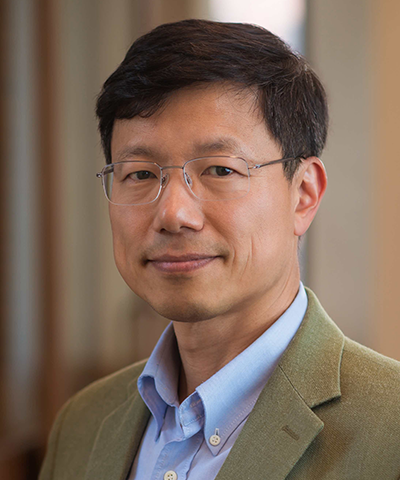
Dr. Park is a Professor of Biomedical Informatics at Harvard Medical School and the director of its Bioinformatics and Integrative Genomics PhD program. His research group specializes in computational and statistical analysis of large-scale DNA sequencing data to understand genetic and epigenetic mechanisms related to disease processes. Originally trained in applied mathematics (B.A., Harvard; Ph.D., Caltech), he was introduced to molecular biology and genetics during his postdoctoral studies in biostatistics. His laboratory has developed several algorithms for identifying and interpreting genomic alterations in the human genome, especially those from cancer patients. His group has made major contributions to many consortium projects such as The Cancer Genome Atlas (TCGA), Encyclopedia of DNA Elements (ENCODE), and Brain Somatic Mosaicism Network, and 4D Nucleome, and Somatic Mosaicism across Human Tissues (SMaHT). His work has been funded by the National Institutes of Health, Cancer Research UK Grand Challenges, The Mark Foundation for Cancer Research, Simons Foundation, Chan Zucherberg Initiative, Blavatnik Therapeutics Challenge, the HMS Quadrangle Fund for Advancing and Seeding Translational Research (Q-FASTR), and others.
SNUH Principal Investigator: Han-Joon Kim 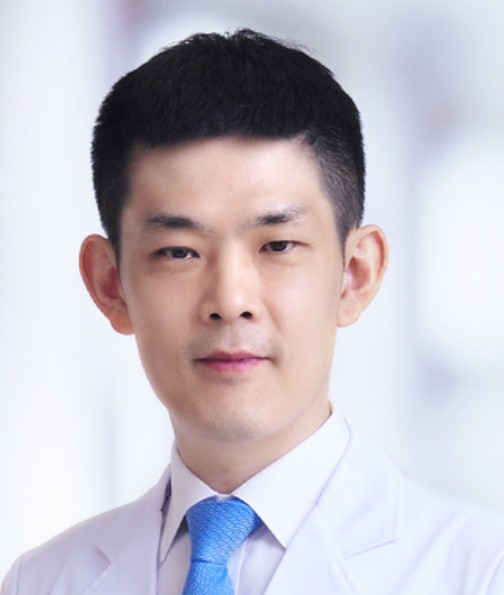
Han-Joon Kim is a board-certified neurologist and movement disorder specialist in Korea. He was Pf. Beomseok Jeon's fellow in 2005 and since then he has devoted his career to the study of movement disorder as an independent researcher. Since 2009, he is working at Seoul National University Hospital and now he is a full professor in the Department of Neurology and the Medical director of Movement disorder center. Clinically, he has more than 20 years of experience on patients with movement disorders including, but not restricted to, dystonia, Parkinson disease, other atypical parkinsonisms, and ataxias. He is an active member of International Parkinson Disease and Movement Disorder Society (MDS) and Korean Movement Disorder Society (KMDS). As a member of MDS, he has been involved in several committees and study groups. including Education committee, Scientific Issues committee, MSA study group, Rare movement disorders study group, and Tremor study group. He is a LEAP (Leadership development and training program for young movement disorder specialist) graduate of 2015 and serves as a faculty (speaker) in annual MDS meetings since 2017.
SNUH Trainee: Kyung Ah Woo
Dr. Kyung Ah Woo obtained her MD in Medicine and PhD in Translational Medicine from Seoul National University, Korea. She is a board-certified neurologist and movement disorders specialist in Korea. Her primary clinical research focuses on identifying clinical, imaging, and blood-derived biomarkers that can detect individuals in the prodromal stage of Parkinson’s disease and predict those at high risk of rapid motor and cognitive decline in early Parkinson’s disease. At HMS, she is working in the Park Lab to analyze tissue-specific long-read whole-genome sequencing (WGS) data. Her research aims to characterize the brain somatic mutation landscape in tandem repeat expansion regions, which may contribute to Parkinson’s disease-like disorders and related neurodegenerative disorders.
Project: Proteomic landscape of mitochondria in diabetes and cachexia
HMS Principal Investigator: Norbert Perrimon
Dr. Norbert Perrimon has more than 30 years of experience in the fields of developmental genetics, signal transduction and genomics. By developing, improving, and applying a number of genetic techniques (germline clones, FLP/FRT, Gal4/UAS, CRISPR, etc.), he has identified many key components of the Receptor Tyrosine Kinases, JAK/STAT, Wnt, Hedgehog, and Notch signaling pathways. His group established high-throughput genome-wide RNAi screens and pooled CRISPR screens to systematically interrogate the entire Drosophila genome in various cell-based assays, and more recently extended CRISPR pooled screening to mosquito cells. In 2003, he created the Drosophila RNAi Screening Center (DRSC) at Harvard Medical School to make this technology available to the community. In addition, in 2008, he initiated the Transgenic RNAi Project (TRiP) to generate transgenic RNAi lines for the community using optimized shRNA vectors that his lab developed, and more recently transgenic gRNA lines for CRISPR loss of function and gain of function screens. Currently, his lab is applying large-scale RNAi and proteomic methods to obtain a global understanding of the structure of a number of signaling pathways and their crosstalk. In addition, he is studying the roles of signaling pathways in homeostasis and tissue remodeling in Drosophila muscles and gut stem cells, as well as hormonal systems involved in inter-organ communication. Since 2015, he has been the PI of the Drosophila database FlyBase. He has trained more than 120 students and postdoctoral fellows, most of whom currently hold academic positions.
SNUCM Principal Investigator: Obin Kwon 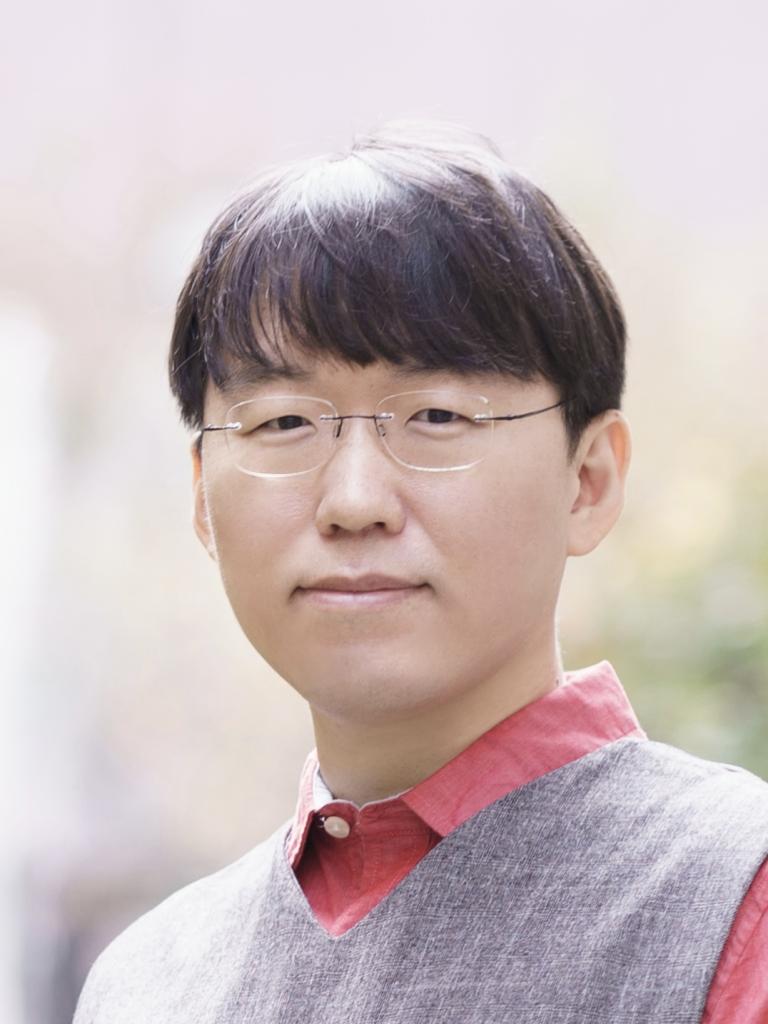
Dr. Obin Kwon obtained his M.D. and Ph.D. in Medical Science (Neuroscience) from Yonsei University, Seoul, Korea, and completed clinical training in Internal Medicine at Severance Hospital and in Endocrinology at Asan Medical Center. He subsequently pursued advanced research training through fellowships at McLean Hospital, Harvard Medical School. Dr. Kwon is currently an Associate Professor in the Department of Biochemistry and Molecular Biology and the Department of Biomedical Sciences at Seoul National University College of Medicine. With a background in both clinical medicine and basic science, he focuses his research on understanding the complex interactions between the brain and body, particularly how neuronal circuits regulate energy metabolism and systemic homeostasis. His areas of expertise span endocrinology, neuroscience, and biochemistry, and he is actively engaged in experimental studies aimed at uncovering the molecular mechanisms underlying metabolic and neurological disorders.
SNUCM Trainee: Isaac Park 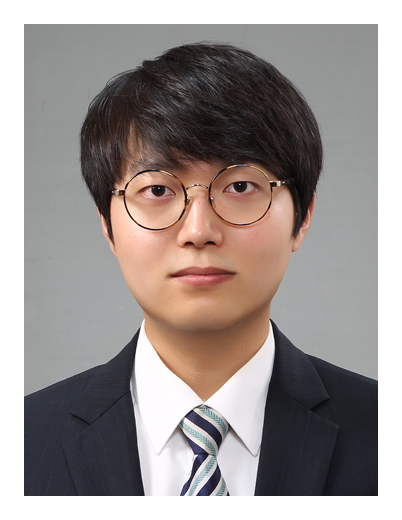
Isaac Park earned his B.S. in Chemistry from Ulsan National Institute of Science and Technology (UNIST) and completed his Ph.D. in Chemistry at Seoul National University in 2024 under the supervision of Prof. Hyun-Woo Rhee. His doctoral research focused on mitochondrial proteomics using proximity labeling techniques, with particular emphasis on developing enzyme-based methods for identifying suborganellar proteins. He applied these tools to study coenzyme Q biosynthesis and tissue-specific mitochondrial adaptations. Currently, he is a postdoctoral fellow in the lab of Prof. Norbert Perrimon at Harvard Medical School, where he explores tissue-specific mitochondrial function and inter-tissue communication in disease models such as cancer cachexia and diabetes. His research integrates chemical biology, proteomics, and in vivo labeling technologies to understand metabolic regulation at the molecular level.
Project: Advanced AI for knee MRI: enhancing diagnostic accuracy and predictive capabilities
HMS Principal Investigator: Pranav Rajpurkar
Dr. Pranav Rajpurkar is Assistant Professor of Biomedical Informatics at Harvard Medical School. Dr. Rajpurkar is driven by a fundamental passion for building reliable artificial intelligence (AI) technologies for biomedical decision making. His lab approaches biomedical problems with a computational lens, developing AI algorithms, datasets, and interfaces that cut across computer vision, natural language processing, and structured health data. He has collaborated with clinicians across medical specialties, including radiology, cardiology, and pathology, to make some of the first demonstrations of expert-level deep learning algorithms and their effects on clinician decision making. Previously, Dr. Rajpurkar received his B.S., M.S., and Ph.D. degrees, all in Computer Science from Stanford University. His lab’s current research directions include algorithm development for limited labeled data settings, high-quality dataset curation at scale, and the design of effective clinician-AI collaboration setups.
SNUH Principal Investigator: Du Hyun Ro 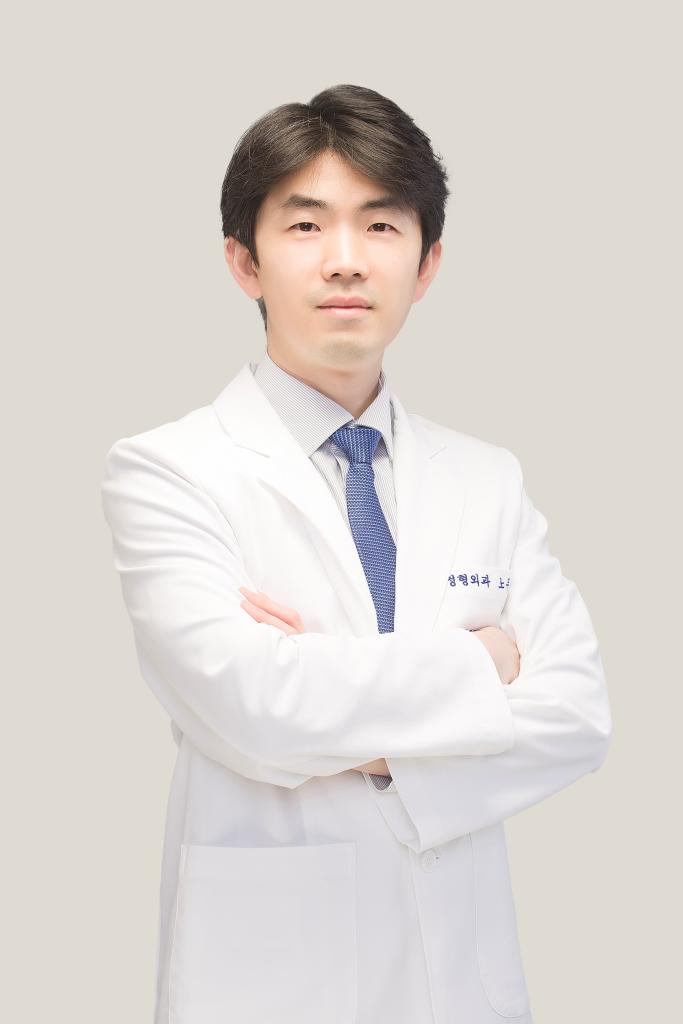
Dr. Du Hyun Ro is an orthopedic surgeon and professor at Seoul National University Hospital (SNUH), specializing in orthopedic biomechanics, surgical innovation, and AI-powered medical technologies. As the CEO of CONNECTEVE Co., Ltd., a leading medical AI and surgical robotics company, he is dedicated to advancing patient-centered solutions that integrate artificial intelligence and data-driven insights into clinical practice. Dr. Ro leads multiple international collaborative projects, including the HMS-SNUH joint research initiative focused on musculoskeletal AI and data integration for precision medicine. His research interests include AI-driven decision support systems for knee osteoarthritis, patient-specific surgical planning, and the development of next-generation orthopedic robotics. He has been actively engaging in multi-center global research networks spanning the United States, the Middle East, Europe, and Asia, with a mission to bring cutting-edge technologies from the lab to clinical application. He is also an advocate for the global expansion of Korean digital healthcare solutions and has played a pivotal role in strategic partnerships with leading medical institutions worldwide. Dr. Ro’s work aims to redefine musculoskeletal care through innovation, international cooperation, and the seamless integration of AI into everyday clinical workflows.
SNUH Trainee: Sung Eun Kim 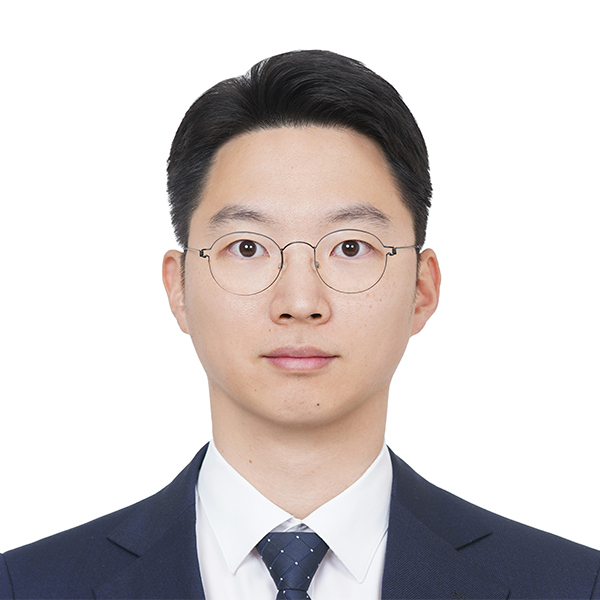
Sungeun Kim’s research is situated at the confluence of orthopedic surgery, sports medicine, and artificial intelligence (AI), including: AI-Driven Multimodal Data Integration: Developing machine learning models to analyze and integrate diverse biomedical data, including imaging (MRI, X-rays), demographics, and clinical outcomes, to detect knee pathologies, predict surgical outcomes, and forecast disease progression. Big Data Analytics in Orthopedics: Leveraging large-scale datasets to uncover trends, improve treatment strategies, and enable personalized care through advanced computational techniques. Interdisciplinary and Global Collaboration: Driving innovation by bridging AI, bioinformatics, and clinical research, fostering collaborations across disciplines and institutions to solve complex orthopedic challenges.
Project: Immune mechanisms and cellular interactions in Sarcoidosis: insights from snRNAseq
HMS Principal Investigator: Jonathan Seidman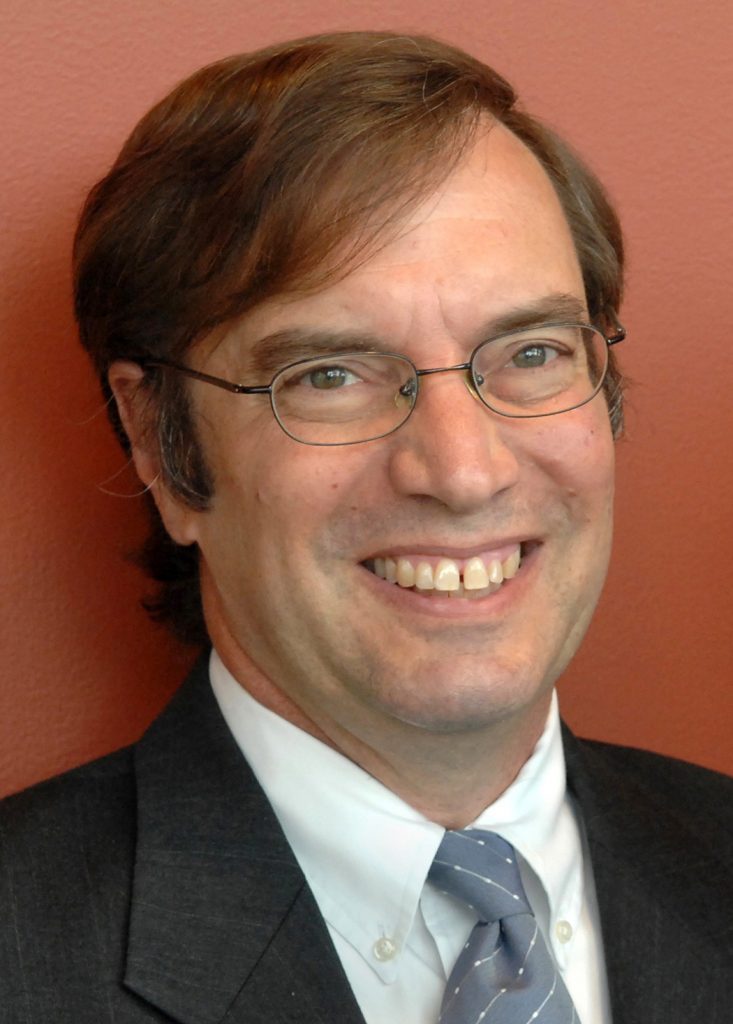
Dr. Jonathan G. Seidman is Henrietta B. and Frederick H. Bugher Foundation Professor of Genetics, Harvard Medical School. Dr. Seidman received his B.S. degree in Biochemistry from Harvard University in 1975. He earned his Ph.D. in Molecular Biology in 1979 from the University of Wisconsin-Madison. His research program focuses on genetic analyses of cardiomyopathy to define disease genes and understand how pathogenic variants remodel the heart. Capitalizing on his considerable expertise in computational biology, his laboratory has defined the allelic spectrum (including missense, loss of function, and splice site and splice enhancer variants) of cardiomyopathy genes in patients and community-based cohorts. His lab have developed and improved robust strategies to engineer human variants into mice and cell models and use these reagents to study the cellular and molecular consequences to human variants. By integrative analyses of the genetic consequences of haploinsufficiency or dominant negative effects combined with functional analyses, and transcriptional responses they have delineated signaling mechanisms by which pathogenic variants perturb myocardial biology and cause cardiomyopathy.
SNUH Principal Investigator: Jun-Bean Park
Jun-Bean Park, MD, PhD, is an Associate Professor in the Department of Internal Medicine at Seoul National University Hospital and Seoul National University College of Medicine. He earned his MD (2004), Master's in Medical Science (2013), and PhD in Medicine (2016) from Seoul National University. Dr. Park completed his residency in Internal Medicine and fellowship in Cardiology at Seoul National University Hospital. From 2022 to 2024, he was a Visiting Scholar at the Scripps Research Translational Institute. His clinical and research expertise encompasses valvular heart disease, pulmonary arterial hypertension, cardiomyopathy, heart failure, congenital heart disease, mobile health, and data science. Dr. Park holds multiple certifications, including board certifications in Internal Medicine and Cardiology, and is a certified echocardiography specialist. He has been recognized with several honors, notably receiving a commendation from Korea's Minister of Health and Welfare for his contributions to global healthcare. He has been actively involved in significant clinical trials and has published extensively in esteemed journals.
SNUH Trainee: You-Jung Choi 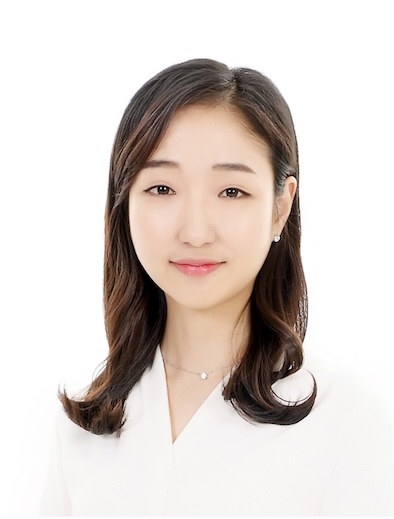
Dr. You-Jung Choi is a medical researcher with a strong academic background, holding a Ph.D. (2022) and Master’s degree (2019) in Medicine from Seoul National University College of Medicine, and a Bachelor of Medicine from Dongguk University (2014). Her research primarily focuses on cardiovascular diseases, particularly cardiomyopathies. Her past work includes epidemiological and imaging-based studies on risk stratification in hypertrophic cardiomyopathy and cardiac amyloidosis. She focuses on single-nucleus RNA sequencing (snRNA-seq) analysis of cardiac tissues from patients with cardiac sarcoidosis, FLNC cardiomyopathy, and amyloidosis to investigate immune mechanisms and cellular interactions. She also studies gene therapy approaches for FLNC (Filamin C) mutation-associated cardiomyopathy, specifically exploring FLNC protein overexpression as a potential therapeutic strategy.
Project: Development of novel diagnostic and therapeutic strategies for endometriosis
HMS Principal Investigator: Ulrich von Andrian
Ulrich von Andrian, M.D., Ph.D. is the Mallinckrodt Professor of Immunopathology at Harvard Medical School. He received his medical degree from the Ludwig-Maximilians University in Munich, Germany, where he also conducted doctorate research on blood-brain barrier dysfunction following brain injury. In 1989, he joined the La Jolla Institute for Experimental Medicine and UCSD as a postdoctoral fellow working with Dr. Karl-E. Arfors. His postdoctoral research involved the development of intravital microscopy techniques that led to the discovery of the multi-step leukocyte adhesion cascade in vivo. After a second postdoctoral fellowship in the laboratory of Dr. Eugene C. Butcher at Stanford University, Dr. von Andrian joined the Faculty of Harvard Medical School in 1994. He was appointed to his current position in 2006. His scientific research is focused on the regulation and function of immune cells in health and disease. To this end, his laboratory employs intravital microscopy techniques combined with other experimental approaches to study the migration, communication, differentiation and function of immune cells in living animals.
SNUCM Principal Investigator: Hyun Je Kim 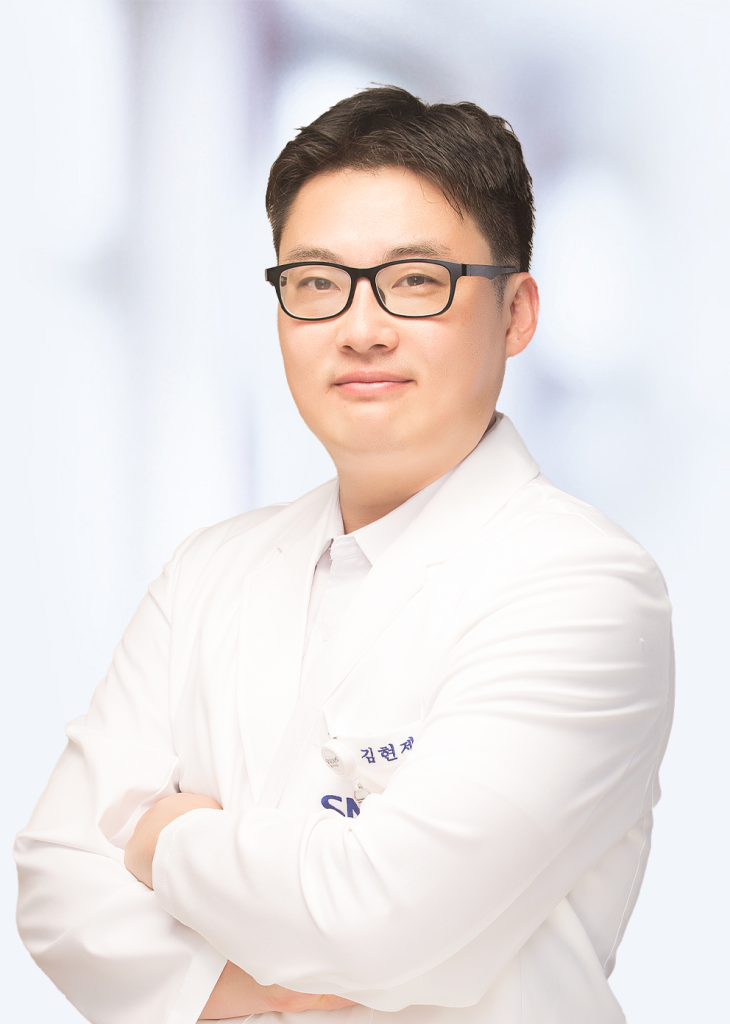
Professor Hyunje Kim is an MD, PhD physician scientist and currently an assistant professor at Seoul National University, College of Medicine Department of Microbiology and Immunology. Dr. Kim has expertise in multimodal, high-dimensional immune profiling techniques ranging including single cell RNA sequencing, 10X multiome (scRNAseq + scATACseq), CITEseq, spatial transcriptomics (10X Visium, Nanostring GeoMX and CosMX) and mass cytometry (CyTOF). Dr. Kim graduated from Seoul National University College of Medicine with honors and completed his residency in dermatology. He then completed his PhD at Seoul National University in immunology and transplantation in the laboratory of Dr. Chung Gyu Park developing novel mouse islet transplantation methods and evaluating the effects of porcine islet xenotransplantation in primate models. Dr. Kim then completed his Pfizer fellowship postdoc training in the laboratories of Dr. Emma Guttman and Dr. Miriam Merad at the Icahn School of Medicine at Mount Sinai using scRNAseq and CyTOF to investigate immunological skin diseases such as atopic dermatitis, psoriasis, alopecia areata and vitiligo. Through his research he discovered AD specific fibroblasts in the skin and AD specific immune subsets in circulating blood. Dr. Kim now focuses on the role of regulatory T cells in disease and his goal is to leverage cutting-edge immune platforms with domain expertise in biology and immunology to better define human disease for more accurate and effective diagnosis and treatment
SNUCM Trainee: Jung Ho Lee 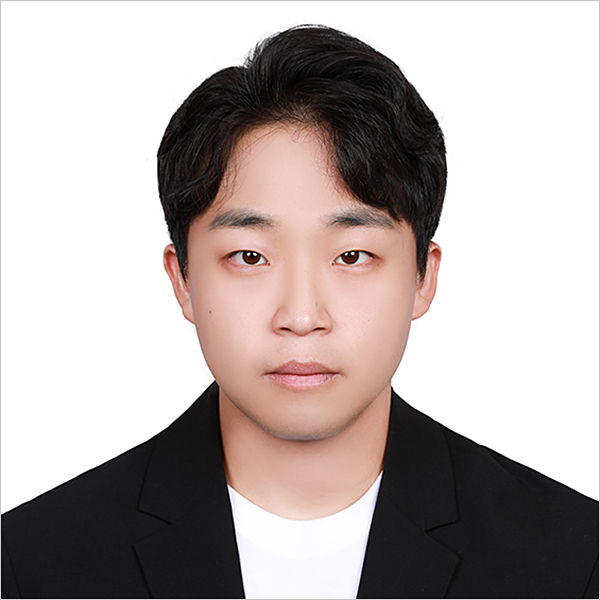
Jung Ho received his B.S. in Animal Science and Technology from Chung-Ang University, South Korea, in 2019. He is currently pursuing his Ph.D, focusing on elucidating the immunological mechanisms underlying endometriosis, particularly the role of NK cells. His research utilizes in vivo endometriosis models to characterize immune microenvironmental changes and to define the functional roles of distinct NK cell subsets within the lesions. He is also studying to develop nanobody-based therapeutic strategies targeting both endothelial cells and NK cells and evaluating their efficacy. In addition, he is exploring the use of endothelial cell-targeted nanobodies as potential diagnostic tools. He integrates in vivo and in vitro experimental approaches with immune profiling techniques to advance his research. Furthermore, he is generating and analyzing spatial transcriptomic datasets from patient-derived lesions to validate the transcriptomic features and functional pathways of NK cells and endothelial cells within the native disease environment. His work aims to bridge mechanistic immunology and therapeutic innovation to address the significant clinical unmet needs in endometriosis.

